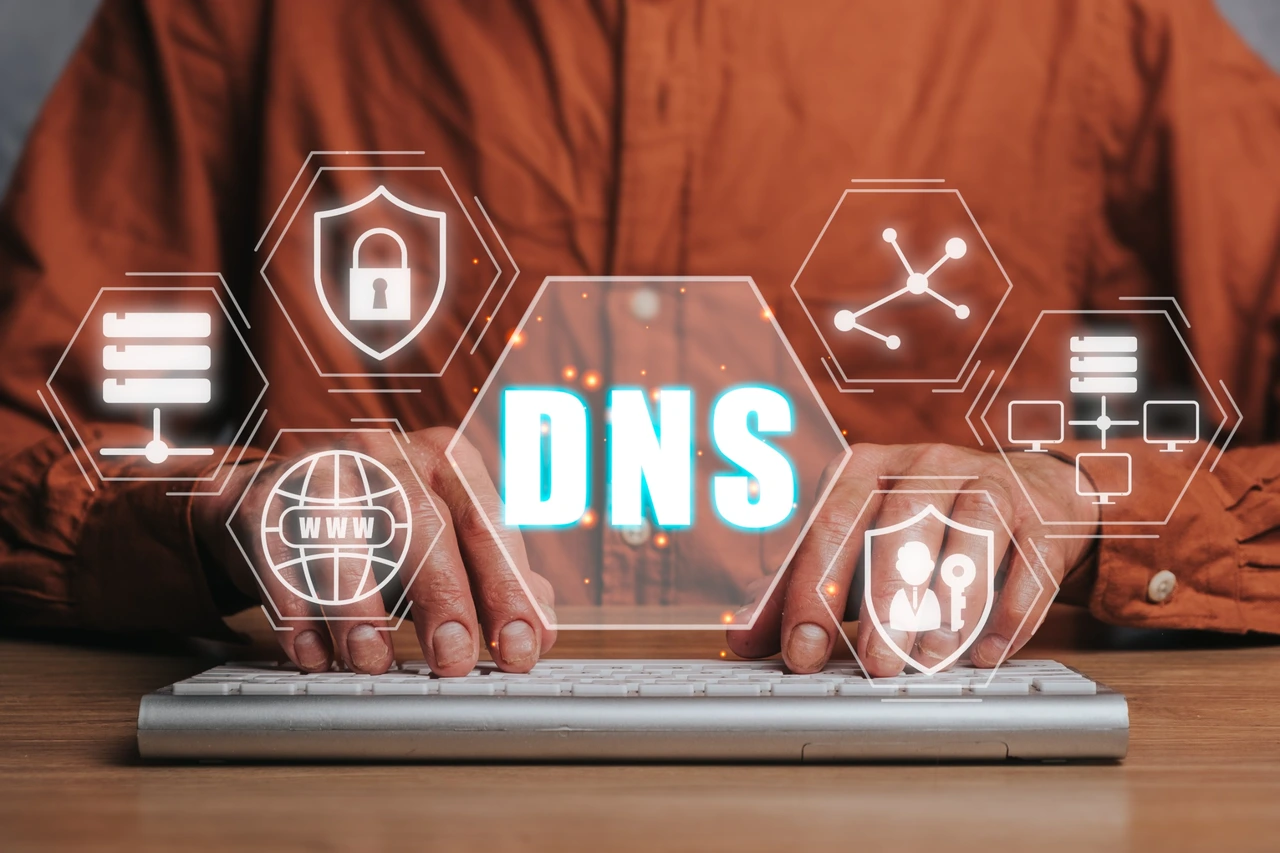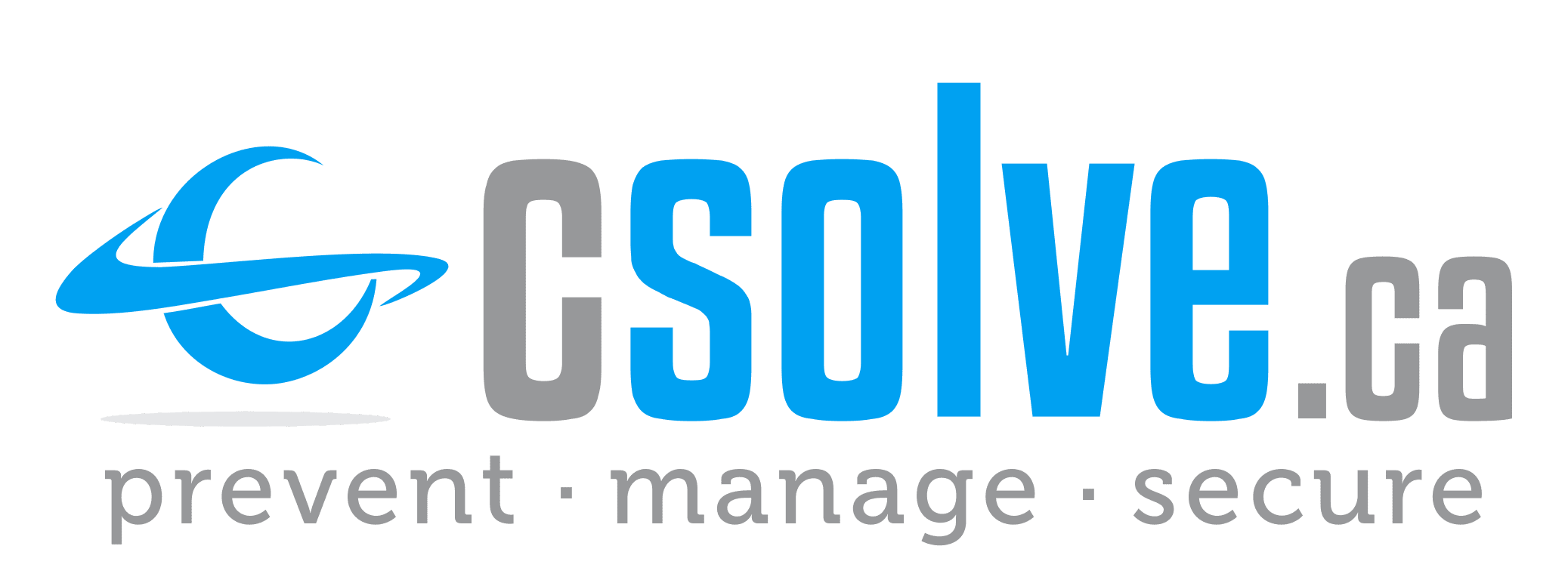
- DNS filtering blocks harmful websites at the DNS level, reducing the risk of cyberattacks and complementing other security tools like firewalls and antivirus software.
- It improves network security by blacklisting malicious sites, filtering content, and providing real-time threat detection, making it useful for businesses with BYOD policies or remote work.
- DNS filtering is easy to implement and helps businesses improve compliance, reduce attack surfaces, and increase productivity.
Is your business network secure enough to handle modern cyber threats? If you haven’t implemented DNS filtering, the answer might be no. Data security must be a top priority for businesses of all sizes. DNS filtering, often overlooked, plays an important role in protecting your network.
What Is DNS Filtering?
DNS filtering works by controlling users’ requests to access websites or online services. The Domain Name System (DNS) translates website names into IP addresses. When a user types in a URL, DNS filtering checks that request against a set of predetermined rules or databases. If the system flags the site as unsafe or irrelevant, it denies access. It’s like a security checkpoint for your network, deciding who gets in and who stays out.
How DNS Filtering Works
DNS filtering uses a variety of techniques to protect your network, including:
Domain Blacklisting
This method blocks access to harmful domains. Many DNS filtering solutions maintain an up-to-date list of malicious domains, preventing users from accessing these sites.
Content Filtering
This technique categorizes websites based on their content, allowing businesses to block entire categories like gambling, adult content, or social media. This feature helps in maintaining a productive and secure work environment.
Time-Based Filtering
Some businesses may want to limit access to certain sites during specific hours. DNS filtering allows for time-based restrictions, so users can only access non-work-related sites during breaks, for example.
Whitelisting and Exception Management
If users need access to commonly blocked sites, it offers whitelisting options. This helps critical resources remain accessible without compromising security.
Real-Time Threat Detection
Advanced DNS filtering solutions offer real-time threat detection. These tools analyze and categorize sites instantly. They block emerging threats as soon as they identify them, keeping your network ahead of attackers.
Benefits of DNS Filtering for Business Security
Incorporating this security technique into your cybersecurity strategy provides numerous advantages, such as:
Cisco Umbrella: A Comprehensive, Cost-Effective Solution

Cisco Umbrella offers a powerful and cost-effective approach to security, protecting businesses by stopping threats at the DNS layer before they reach the network. With Cisco Umbrella, companies can avoid the costly consequences of data breaches and malware, ensuring proactive security at a fraction of the cost of traditional security tools.
This solution also supports flexibility in today’s hybrid work environment. Cisco Umbrella can be deployed not only on corporate networks but also for remote workers via an agent, providing seamless protection for users wherever they’re connected. With scalable deployment options and comprehensive threat intelligence, Cisco Umbrella empowers businesses to safeguard their data, no matter where their teams operate.
Reduces the Attack Surface
DNS filtering significantly narrows the avenues attackers can exploit. By controlling access at the DNS level, businesses minimize the chance of employees accidentally landing on harmful sites, thus reducing the overall attack surface.
Automates Network Security
DNS filtering is a set-it-and-forget-it solution for busy IT departments. Once configured, it operates automatically in the background, continually protecting the network without requiring constant monitoring or manual intervention.
Eases the Load on Other Security Systems
By filtering out threats before they reach the network, DNS filtering reduces the workload on other security systems. This layered approach allows each system to work more efficiently, providing a comprehensive shield against cyber threats.
Promotes Compliance
For businesses subject to regulations like HIPAA or GDPR, it can aid compliance by preventing access to non-compliant or risky websites. Many DNS filtering solutions also provide reporting tools to document compliance efforts, which can be useful during audits.
DNS Filtering and BYOD (Bring Your Own Device) Policies
In many businesses, employees use personal devices to connect to the corporate network. This introduces additional security risks, as personal devices may not have the same level of protection as company-issued devices.
DNS filtering addresses this by protecting all personal or company-issued devices at the network level. It blocks harmful websites across the board. This is important in remote work environments where consistent security is required regardless of where employees access the network.
Employee Education and DNS Filtering
DNS filtering blocks harmful websites and prevents unauthorized access, but it becomes more effective when you educate employees on its importance. Train your staff on cybersecurity and the role of DNS filtering to strengthen your network’s defence.
Make sure they understand how DNS filtering works, so they can recognize phishing sites and suspicious URLs to avoid risky behavior. Explain the dangers of using proxies or VPNs to bypass filters.
Reinforce the need to use strong passwords, avoid suspicious links, and be cautious with downloads. Encourage them to report any unusual online activity immediately to enhance your network security.
Integrating DNS Filtering with Other Security Solutions
DNS filtering is most effective when used as part of a layered security approach. While it offers strong protection against many threats, you must combine it with other solutions, such as firewalls, antivirus software, and endpoint security, for better results. This creates multiple layers of defence, making it harder for threats to penetrate your network.
For example, while DNS filtering blocks access to harmful websites, antivirus software detects and removes malware that may have already entered the system. Together, these solutions create a more comprehensive security strategy.
Why Your Business Needs DNS Filtering Now
Cybersecurity threats are growing more sophisticated every day. Traditional security measures like firewalls and antivirus software are no longer enough to protect your business. DNS filtering introduces a fundamental layer of defence, preventing access to harmful websites and blocking threats before they can reach your network.
By implementing DNS filtering, your business benefits from improved security, increased productivity, and better compliance with industry regulations. It’s a simple, cost-effective solution that provides powerful protection in today’s ever-evolving threat landscape.
Choosing the Right DNS Filtering Solution
You can choose a cloud-based option, as it typically requires minimal setup and deploys quickly without hardware. Prioritize the ones with customization options. Choose a tool that lets you adjust filters, blacklists, and whitelists to meet your specific needs. Real-time threat intelligence is necessary for blocking new and emerging cyber threats.
Also, look for detailed reporting and analytics to track internet usage and identify security gaps. Lastly, check if the solution can scale as your business grows, handling more users and devices without losing performance.
Secure your business with the help of our team at Compu-SOLVE Technologies Inc.! Our cloud-based DNS security solution blocks malware, phishing, ransomware, and command-and-control callbacks before they can infiltrate your network. Contact us today to keep your business fully protected against cyberattacks!


